Improving your influencer marketing strategy with authenticity
Phoenix Labs' RuthAnne Berry explores how players, influencers, and developers win together
Influencer marketing is the art of finding people of influence who have gained the trust of your target audience and working with them to elevate your brand -- without breaking that trust. Find influencers who will deliver your message in their own words while upholding your values. Being transparent and authentic in your actions will earn their trust and the trust of their community. This will bring you sales, awareness, and invaluable feedback from your target audience.
Imagine this: an influencer advertises your product, they don't genuinely believe in it, and their audience (if only subconsciously) can tell. Trust is eroded. Hype is smothered. Your time and budget is wasted. This missed opportunity began with a common mistake: approaching influencers transactionally. Instead of contacting influencers with prices and verbiage that breeds shallow messaging, work with the right influencers to deliver a genuine message.
The size of the influencers you work with should be directly informed by your goals
When influencer marketing is done well it brings players content that resonates with them, gives influencers the opportunity to create informed content, and it gives you high-quality promotional material that drives awareness and conversion.
How to choose an influencer
Dispel the notion that influencers need to have a large following to be part of your company's influencer marketing strategy. The size of the influencers you work with should instead be directly informed by your goals.
If your goal is conversion, micro influencers -- people with 1,000 to 100,000 followers -- are who you want to collaborate with. They cultivate close-knit communities within their niche, making their reach small yet extremely effective. The trust they wield from nurturing their community allows them to sell at a disproportionate rate when compared to larger influencers, and their total sales often surpass those of macro influencers.
Think of micro influencers' outcomes as targeted, trusted advertisements -- while they reach a smaller group of people, those they do reach can be highly qualified and therefore more likely to convert.
For raising qualified awareness of your game, macro influencers -- people with 100,000 to one million followers -- are who you want to work with. They are well known on their platforms, and are right in the sweet spot for raising visibility while still delivering a genuine message. They convert better than mega influencers and raise more awareness than micro influencers. When chosen well, macro influencers' outcomes can be thought of as ads that are only shown to qualified users.
Mega influencers -- people with more than one million followers -- are well known across industries. Their reach is massive, but their relationship to their community 1:1 is more shallow. When chosen well their outcomes are like billboard ads in Times Square -- attention-grabbing, but expensive.
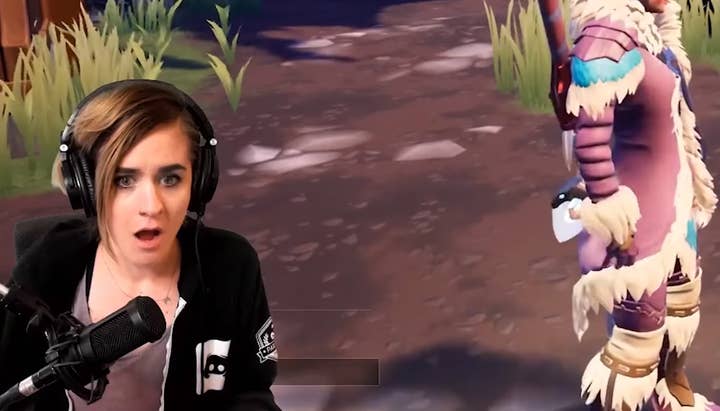
No matter the influencer you choose, prioritize high median engagement over followers or viewership. The ecosystems and platforms surrounding influencers are complex, confounding measurement with a myriad of deceiving stats. When push comes to shove, vanity and potential reach stats -- followers, impressions and viewers, respectively -- aren't sound enough to spend against alone when solid engagement metrics are available.
Track the stats of your influencers before and during your campaign to get a clear picture of how engaged their audience is, and how well they are engaging with your activation versus their regular content.
Prioritize high median engagement over followers or viewership
Stats to track:
- Followership should be growing month over month.
- Viewership should be 10% to 15% of their total following.
- Likes to dislikes should be 10:1 on YouTube, and should be around 5% of their total following on other social platforms.
- Clickthrough and directly attributed sales should rise compared to past performances.
- High impressions with little to no engagement is a red flag.
When you work with the right influencers for your product you see success, they see success, and the audience sees content they resonate with.
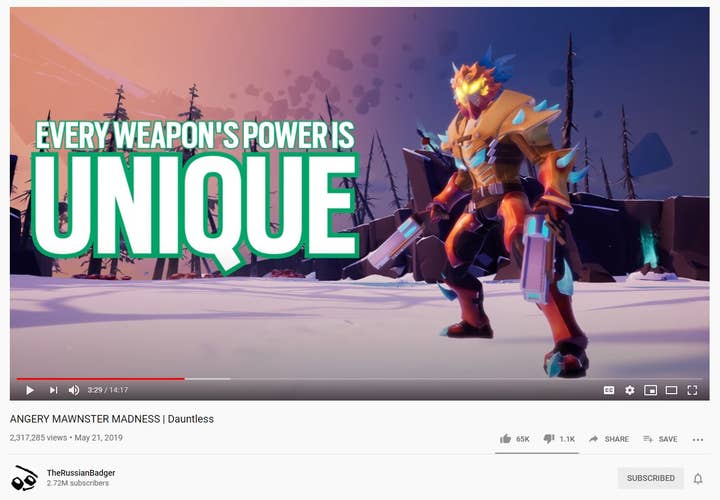
The value you bring
Influencer marketing only works if you are building a win-win-win scenario. The influencer, the audience, and the brand should all come out ahead.
It's of utmost importance that you cultivate genuine and supportive working relationships with your trusted influencers. What that looks like -- whether a partner program, an affiliate program, or something else entirely -- is up to you.
- Reward the right behaviours
One of the biggest mistakes you can make in influencer marketing is to only sponsor people who you want to advertise your game, while ignoring the ones who already advertise your game by creating content for free.
By sponsoring influencers who already believe in your product, you acknowledge their cultural value and financial impact.
- Go to bat for them
Don't just pay your influencers fairly. Help them level up their social media presence. Signal boost their content on branded social channels. Point out other opportunities for them if you feel they fit the description -- even if it doesn't immediately help you. Cultivate real, supportive, non-predatory relationships.
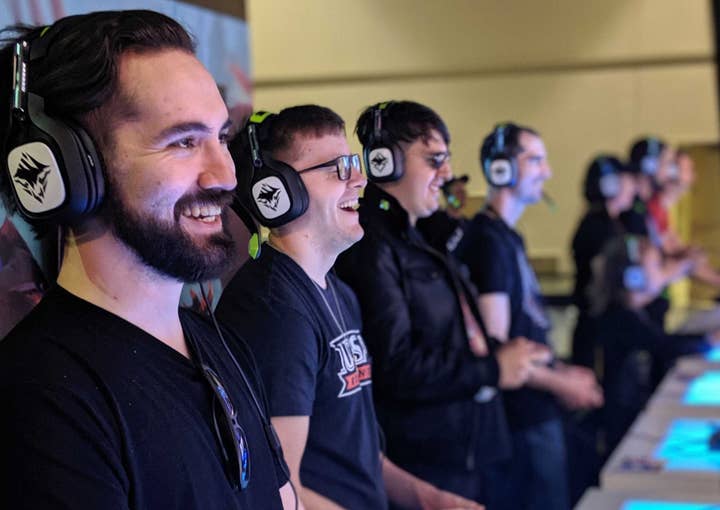
The value influencers bring
It is obvious that influencers bring massive value to products -- influencer marketing would not exist otherwise. Influencers bring awareness, sales, and when nurtured, feedback, advocacy, and global reach.
- Feedback
Once you are fortunate enough to earn people's trust and admiration for your game, you must listen to their feedback.
If you're not listening to your influencer's opinion, and the opinions of their audience, you are missing out on creating an even better product for your target audience. Remember: you chose them for a reason.
Influencers bring awareness, sales and, when nurtured, feedback, advocacy, and global reach
- Commission your advocates
Have loyal influencers create a suite of content radiating your core message. This will drive viewership to their channels, and will give new influencers a pool of knowledge to research in order to improve the quality of their content. Your message will be spread not just through talking points, but through authentic words of true believers.
If you don't sponsor influencers who regularly promote you for free while simultaneously sponsoring their counterparts who are not loyal to you, you are incentivising the wrong behaviours.
- Different demographics
Diversifying the demographics you reach is vitally important because it opens up your product to the gift of diverse opinion. You will learn what is important to a wide range of people, and can use that feedback to make your game more accessible to all of your demographics. Sponsor influencers in every language that your game is available in. This will help those subcommunities feel even more connected and included in your product.
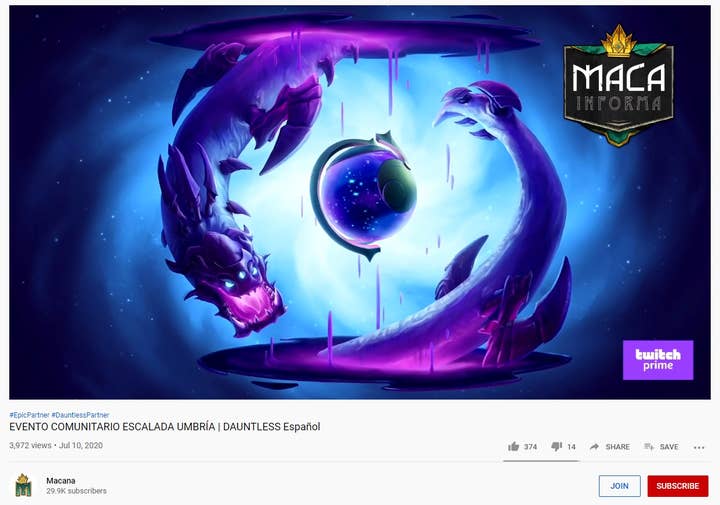
- Change it up
Learn something? Iterate. See something that isn't working? Change it. Notice your influencers are feeling unheard? Be more transparent. Taking longer than expected to see results? Trust your gut. Approach influencer marketing with authenticity in order to create win-win-win scenarios. Influencer marketing is an art form, and like any work of art it takes patience and attention to get it right.
- Vetting influencers
It is your responsibility to keep your community safe. This means vetting your influencers before you commission them, and holding them to a high standard if they do not uphold your values.

- Start by understanding the core values of your company (e.g. belonging).
- Seek out influencers who align with those core values (e.g. cultivating a safe community).
- Communicate your expectations.
- Hold your influencers to high standards, and stop working with those who fall short.
- Sponsoring influencers
Once you decide who you are going to sponsor you can either contact them directly or work with an agency. Contacting influencers directly is more upfront time for you, but will save around 20% of your budget. This is great for small activations, but scales poorly.
Email is a great starting place when contacting influencers. Twitter is another great place to reach out, whether it's in a Tweet or in a direct message. Choosing to run your own influencer campaign will also mean you're limited by your network, while agency contacts are far reaching. Having an agency run your campaign with you is more expensive, but frees up your time to think strategically while they execute tactically.
Approach influencer marketing with authenticity in order to create win-win-win scenarios
You can expect to pay anywhere from $30 to $85 per 1,000 views for macro influencers, and even more for mega influencers. When dealing with micro influencers you may find that they undervalue themselves -- especially considering the disproportionate rate of sales they net.
Do not take advantage of them. Instead, work with influencers to make sure they understand their worth, and choose to pay them at a flat rate if cost per view will undercut the value they bring. If you have a partner or affiliate program you may consider offering a bonus for X commissions, or sweetening the deal with in-game incentives.
Sponsoring content must be sustainable. Creating a lot of noise by sponsoring influencers around big beats will have more impact than providing paid opportunities in an "always on" approach that results in fatigue. Additionally, set your influencers up for sustainable success through some sort of revenue share -- Epic's Support-a-Creator program is a great example of doing this well.
Revenue share programs like this encourage influencers to continue making content when you are not commissioning them directly, pay them fairly based on their conversion, and allow their audiences to support them directly when making purchases.
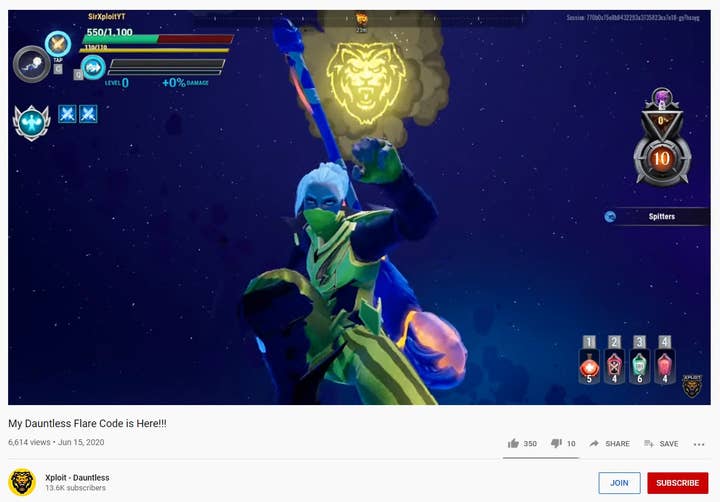
Creating an influencer strategy
- Measurable goals
Goals should be aspirational, but still achievable.
If you are running an influencer campaign focused on conversion, set measurable goals based on your target influencer's past conversion rating (e.g. clickthrough, download, purchase). Measure the effectiveness, then iterate and repeat.
If you are running an influencer campaign focused on awareness, set measurable goals based on your target influencer's past engagements, impressions, and organic traffic to your website. Also measure Google Trends over time in comparison to other games that appeal to your target audience.
You may choose to run a small-scale version of your campaign before running the full activation. Measure the effectiveness of the test campaign compared to your goals and expectations, and then dial up the spend and amount of content based on what you learned.
What makes an influencer appealing matters just as much as the genre they regularly play
- Find lookalikes
Assess which influencers had the most success and talk to them about their experience. Then look for more influencers similar to them based on their performance and their feedback.
Start by looking for influencers in the directories of your competitors. People who enjoy watching both X game and Y game will probably also enjoy playing both X game and Y game. If you are selling a PvP game you will generally have higher success rates sponsoring PvP influencers versus sponsoring influencers outside of that genre. If you then realize that your audience has an affinity specifically for high-energy PvP content but does not care about skill, you will have even higher success rates with influencers who match that energy.
What makes an influencer appealing -- energy level, comedy, skill -- matters just as much as the genre they regularly play, especially when it comes to influencers who have personal relationships with their communities.
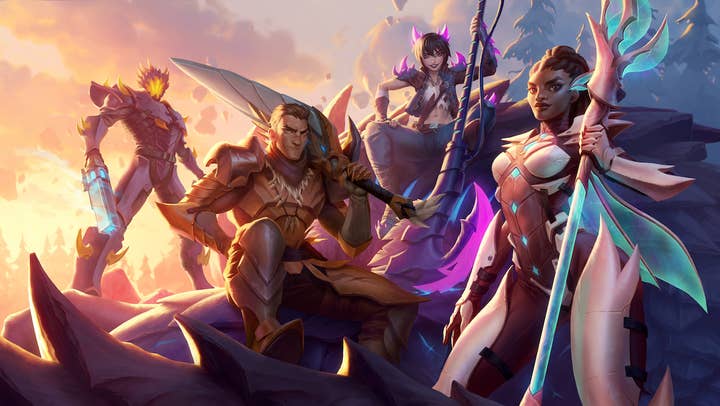
- Clear messaging
Viewership is just noise if the message doesn't resonate with the audience. Resonant messages have both appeal and clear takeaways. Information about your game should be easy to access, easy to digest, and easy to share.
You should be providing areas of focus or high-level talking points, even when working with influencers who regularly create content about your game. Maintaining a Discord server specifically for creators paired with early access to updates brings influencers into your trust circle. If you know that something is going to net them views, prep them to talk about that feature ahead of time.
Give your influencers a cohesive, easily-understood message that they can disseminate. Clear messaging means:
- Influencers create high-quality, well-informed content.
- Players are delighted with high-quality, well-informed content.
- Developers are promoted by high-quality, well-informed content.
Win-win-win.
When players see the genuine passion influencers have for your game, they are inspired to participate. Influencer marketing is truly an opportunity for all parties -- being authentic and transparent in your influencer relations will lift up everyone involved.
Recap
- Start with influencers who already play your game, bringing them closer into the trust circle and arm them with information to create the best content possible.
- Recruit more influencers based on your goals and target audience.
- Provide a clear message so they can spread it far and wide.
- Focus on mega and macro influencers if you're looking for brand awareness, and on micro influencers if you want to increase conversion.
- Consider creating a partner or affiliate program if you're interested in a more grassroots approach. Offer sponsorship to those who bring you success -- even if they would be creating content for free anyway.
- Treat your influencers with respect. Pay them fairly and help them level up.
- Set clear and measurable goals, and iterate based on what you learn campaign over campaign.
After volunteering in the streaming space for years, RuthAnne Berry started her career in games as a social media manager at ESL, focusing on its Counter-Strike: Global Offensive, Street Fighter, and Playerunknown's Battlegrounds accounts. She soon took on multiple contracts including Beyondthesummit, IEM and ESEA. Since 2018 she has been at Phoenix Labs working on the studio's debut title, Dauntless. You can reach out to her at raberry@phxlabs.ca or on social media at @bunheadwhat.







